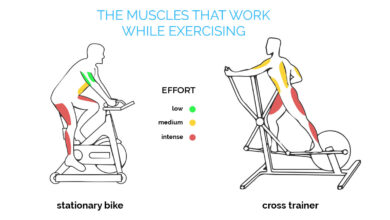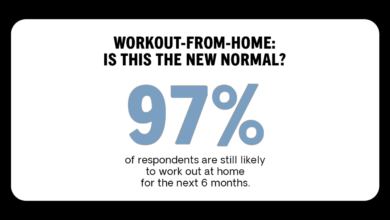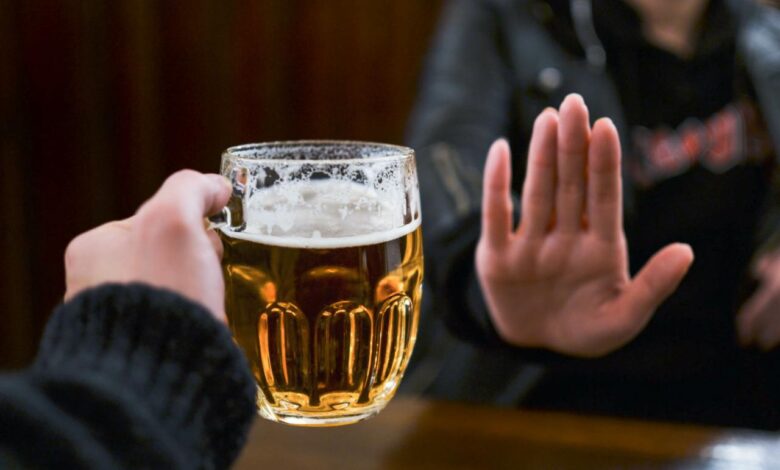
Is Alcohol an Athletes Enemy?
Is alcohol an athletes enemy – Is alcohol an athlete’s enemy? The answer, unfortunately, is a resounding yes. While a casual drink might seem harmless, alcohol’s impact on athletic performance, injury risk, and overall health is undeniable. From hindering muscle recovery and hydration to impairing judgment and increasing the risk of injuries, alcohol poses significant challenges for athletes striving for peak performance.
This article delves into the complex relationship between alcohol and athletics, exploring how alcohol affects various aspects of an athlete’s life, from their physical capabilities to their mental well-being. We’ll examine the science behind alcohol’s effects, discuss the social pressures surrounding alcohol consumption in sports, and offer insights into how athletes can navigate this complex issue.
Alcohol and Social Aspects
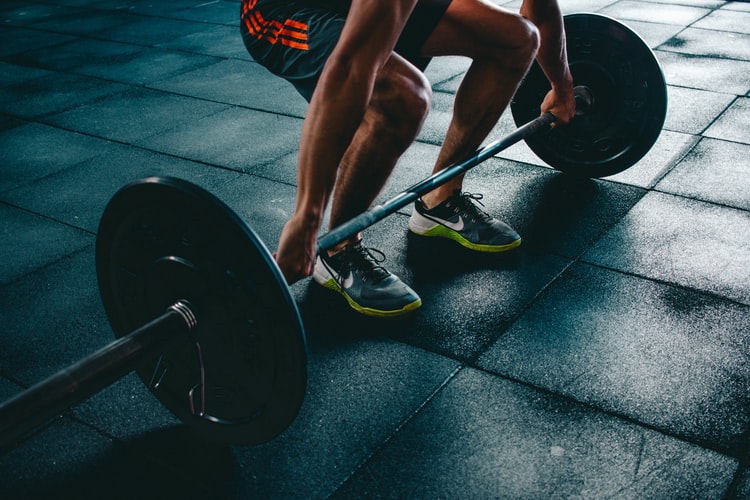
The relationship between alcohol and athletes is a complex one, often influenced by social pressures and expectations. While alcohol can be a part of social gatherings and celebrations, it can also pose a significant risk to an athlete’s performance, health, and career.
This section will explore the social aspects of alcohol consumption among athletes, including the pressures they face, the potential use of alcohol as a coping mechanism, and examples of athletes who have successfully navigated these social aspects without compromising their performance.
Social Pressures and Expectations
Athletes are often subjected to social pressures and expectations that can influence their alcohol consumption. The competitive nature of sports, coupled with the social events and celebrations that surround athletic achievements, can create an environment where alcohol is readily available and often encouraged.
For example, team bonding activities, post-game celebrations, and social gatherings with teammates, friends, and sponsors can all contribute to the normalization of alcohol consumption among athletes. There is also a perception that alcohol can help athletes relax, relieve stress, and build camaraderie.
However, these pressures can lead to excessive alcohol consumption, which can have detrimental effects on an athlete’s performance, health, and career.
Alcohol as a Coping Mechanism
Athletes may turn to alcohol as a coping mechanism for stress or performance anxiety. The demands of training, competition, and the pressure to succeed can take a toll on an athlete’s mental and emotional well-being. Alcohol can provide a temporary escape from these pressures, but it is not a sustainable or healthy solution.
In fact, alcohol can exacerbate stress and anxiety in the long run, leading to a vicious cycle of dependence and negative consequences.
Examples of Athletes Who Have Successfully Navigated Social Aspects of Alcohol
Despite the social pressures and potential for alcohol abuse, many athletes have successfully navigated the social aspects of alcohol without compromising their performance. These athletes have often made conscious choices to prioritize their health and performance, choosing to abstain from alcohol or consume it in moderation.For example, Serena Williams, one of the greatest tennis players of all time, has publicly spoken about her decision to abstain from alcohol during her career, attributing her success to her commitment to a healthy lifestyle.
Similarly, Tom Brady, a seven-time Super Bowl champion, has emphasized the importance of discipline and avoiding alcohol during his career, citing its potential negative effects on his performance and recovery.
Potential Consequences of Alcohol Consumption on an Athlete’s Career and Reputation, Is alcohol an athletes enemy
Alcohol consumption can have a range of negative consequences for an athlete’s career and reputation. The potential consequences can vary depending on the frequency, amount, and context of alcohol consumption, but they can include:
- Impaired Performance: Alcohol can affect reaction time, coordination, balance, and judgment, all of which are essential for athletic performance. Even moderate alcohol consumption can negatively impact an athlete’s ability to train effectively and compete at their best.
- Increased Risk of Injury: Alcohol can impair an athlete’s coordination and balance, increasing the risk of injuries during training or competition. It can also affect judgment, leading to risky behaviors that could result in injuries.
- Health Problems: Long-term alcohol consumption can lead to a range of health problems, including liver damage, heart disease, and cancer. These health issues can significantly impact an athlete’s ability to train and compete.
- Negative Public Image: Athletes who engage in excessive alcohol consumption or alcohol-related incidents can damage their public image and reputation. This can lead to lost sponsorships, endorsements, and opportunities.
- Legal Issues: Alcohol-related incidents, such as drunk driving or public intoxication, can lead to legal consequences, including fines, suspension, or even jail time.
Last Recap: Is Alcohol An Athletes Enemy
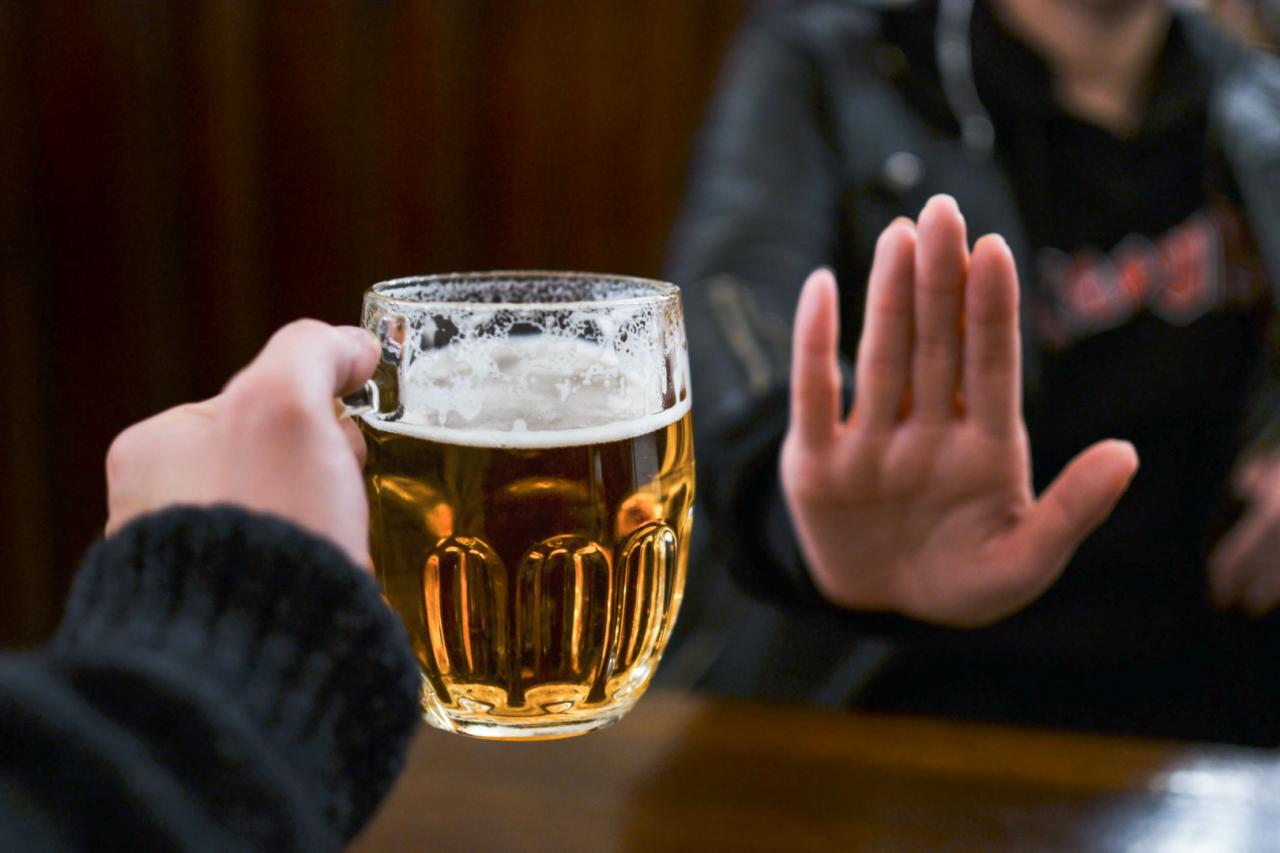
Ultimately, the decision to abstain from alcohol or moderate consumption is a personal one for each athlete. However, understanding the potential risks and drawbacks associated with alcohol is crucial for making informed choices. By prioritizing health, performance, and long-term well-being, athletes can cultivate a healthy relationship with alcohol that allows them to thrive both on and off the field.
We all know that alcohol can be a performance killer for athletes, but it’s also a tempting social lubricant. So, how do you stay on track with your fitness goals when the allure of a cold one is strong?
It’s all about finding ways to stay motivated, which is easier said than done. Luckily, there are plenty of resources available to help, like this great article on how to stay motivated when starting a new habit.
Once you have a solid plan, you can focus on achieving your goals, and leave the alcohol for those special occasions!
We all know alcohol isn’t the best friend for an athlete, hindering recovery and impacting performance. But what about those pesky cravings that hit between training sessions? Instead of reaching for a beer, why not fuel your body with some 10 RD approved healthy snacks under 10 ?
These delicious and nutritious options will keep you energized and focused, helping you stay on top of your game without compromising your health. So, ditch the booze and embrace a healthy lifestyle, both on and off the field.
We all know alcohol isn’t the best friend for athletes, but sometimes it’s hard to resist that post-workout beer. Maybe we should be focusing on the foods we consume instead, like those so-called “superfoods.” Are they really worth the hype, or just another marketing ploy?
This article delves into the truth behind superfoods, which might just be the better choice for athletes than that cold one.




